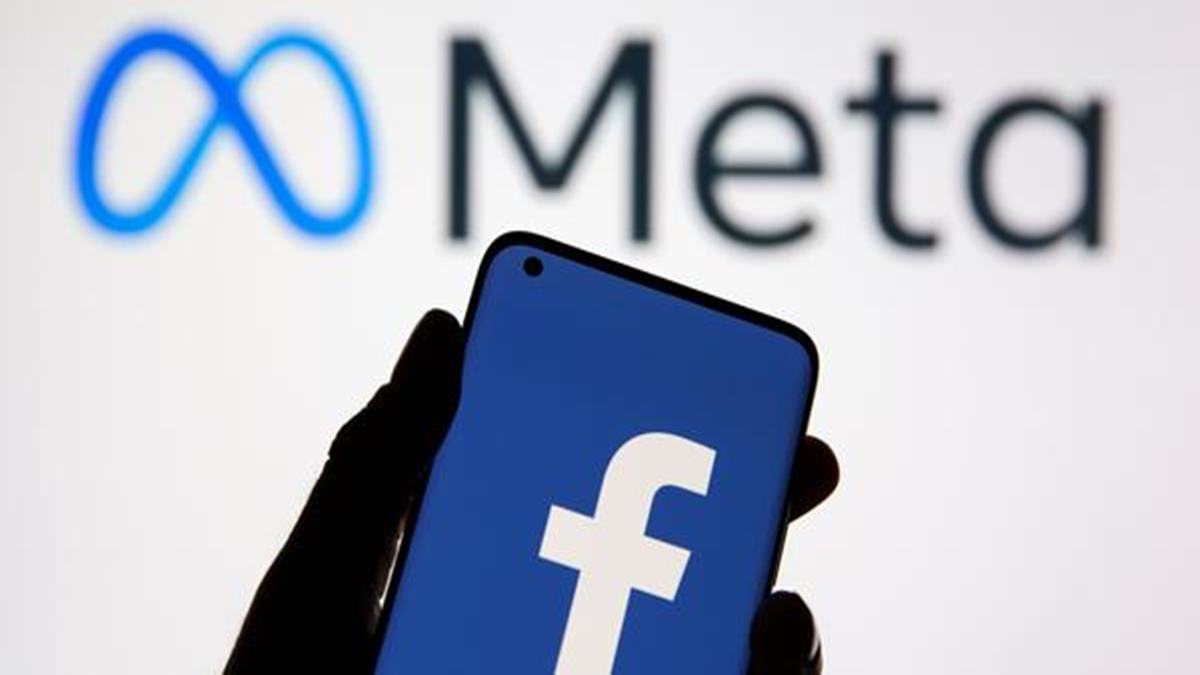The impact of artificial intelligence (AI) on the job market is widely debated, yet Gen Z’s response remains notably subdued. While headlines trumpet disruption and experts clash over timelines, young workers are quietly adjusting their career paths to minimise the risks posed by AI. According to reporting by Fast Company, this generation is steering away from speculation and taking practical steps to safeguard their futures.AI replacing entry-level roles is no longer a distant concern but an immediate reality for many. Conversations with Gen Z students reveal a pragmatic approach rather than fear or denial. As one recently graduated high school student told Fast Company, “I want a job a robot can’t take from me. I’m leaning toward trades —construction especially.” Another expressed a preference for healthcare, saying, “It’s hard to imagine a world where healthcare doesn’t need humanity,” as reported by the Fast Company.
The shift towards stable and human-centred careersFast Company highlights that many Gen Zers have redirected their career plans in response to AI. Some have changed college majors, while others deliberately choose “AI-proof” sectors perceived as more secure.Glassdoor’s recent data reveals that 70% of Gen Z workers have questioned their job security due to AI’s presence at work. A national survey further shows that 65% believe a college degree alone will not shield them from AI disruption.This trend is visible in the rising interest in trades and healthcare. The same survey found 53% of Gen Zers considering blue-collar or skilled trade work, with 47% leaning towards people-centred professions like healthcare or education. Local reports from California note young adults turning to trades, with some earning over £80,000 (approximately $100,000) before age 21, citing AI’s threat to traditional office roles as a motivating factor.
Side hustles as quiet resilienceFast Company also reports that 57% of Gen Zers already have a side hustle, compared with 48% of millennials. However, unlike millennials, Gen Z tends not to brand these ventures publicly. One Gen Zer described their side hustle simply as “I thrift and sell on Etsy—that’s basically the same thing,” while another said, “I restore furniture on the side. Picked it up on TikTok.” These pursuits are viewed as natural extensions of daily life rather than passion projects or personal brands.What this means for older generationsGen Z’s response to AI reflects a quiet adaptability shaped by economic volatility. Unlike previous generations, which might respond to disruption with public protest or debate, Gen Z acts with discretion. Their choices are practical, focusing on early pivots and diversification.
Millennials faced a similar reality during the 2008 recession, rerouting careers quietly into tech, healthcare, and education. Gen Z is following a comparable path but with AI as the primary disruptor. This shift emphasises agility and foresight, qualities Fast Company suggests older workers could adopt as AI continues to transform the labour market.
Looking ahead: The rise of Gen AlphaThe pattern may intensify with Gen Alpha, born entirely in the 21st century and immersed in technology from birth. Studies show that 76% aspire to be their own boss or have side ventures, signalling an entrepreneurial mindset. As AI and digital fluency become baseline realities, multiple income streams may become standard from the start of their careers.
Gen Z’s quiet pivot illustrates a generational lesson in resilience and practical adaptation amid accelerating disruption.




















